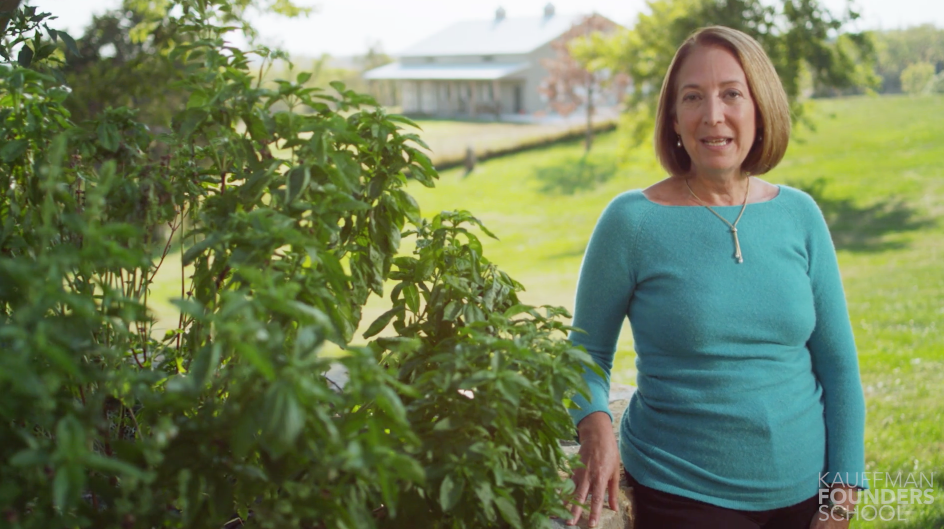When I read Meg Hirshberg’s book “For Better or for Work: A Survival Guide for Entrepreneurs and Their Families” I knew instantly that I wanted Meg to join our slate of Founders School experts. The goal of Founders School is to provide entrepreneurs with crucial skills and knowledge, and to do so with an eye to topics that are important but rarely discussed in typical entrepreneurship education programs. The subject of Meg’s book is just such a topic. We all know that entrepreneurs have to juggle a variety of considerations when founding a company: team building, assessment of product/market fit, intellectual property, and how to get that first important customer. What many entrepreneurs and, more importantly, their families, know is that there’s a juggle on the family side of the equation as well, but it’s one that many entrepreneurs may be reluctant to talk about.

I’m delighted that Meg is a member of the Founders School faculty and am pleased to present our newest series “Surviving the Entrepreneurial Life”. This series explores some of the ways in which entrepreneurs and their families can tackle some of the challenges of startup life. Meg’s book was built on the hundreds of interviews she conducted with entrepreneurs and their families, and on her own first-hand experience as the spouse of the co-founder of Stonyfield Farm. She shares her invaluable insights with us.
Entrepreneurs and their families are challenged on many fronts. Entrepreneurs are, as Meg puts it, “all in” and this can create challenges for the family and the entrepreneur. Time is short, and the business is “like a little…baby bird” that is constantly demanding time, attention and money. Entrepreneurs and their families can struggle to find balance (something Meg calls a chimera), as competing demands emerge among the ups and downs of an entrepreneurial venture.
A sense of mutual perspective can help both the entrepreneur and their family understand one another’s unique point of view. From the entrepreneur’s perspective: why did you embark on an entrepreneurial journey? What does it mean? What are the demands? And from the spouse/family perspective: How does it feel to be “along for the ride”? What are the challenges? From this point of mutual consideration, families can discuss a number of important personal and financial issues. Setting expectations (even though they might change) about money and financial security, personal time and family contributions to the business can help establish a benchmark for communication.
One of the biggest challenges to entrepreneurs can be the feeling of isolation. As Meg noted to us, the only answer to the question (from friends, family, whoever) “how’s the business going” is good or great. There’s little room to acknowledge the challenges that you’re facing. Knowing that others are struggling is important, and we hope that this series will open a dialogue in your family that can relieve some tension, answer some questions, and provide a foundation for open communication that will help you all survive the entrepreneurial life. Explore this series and ask yourself the pivotal impact question: How can what I’ve learned today change what I do tomorrow?